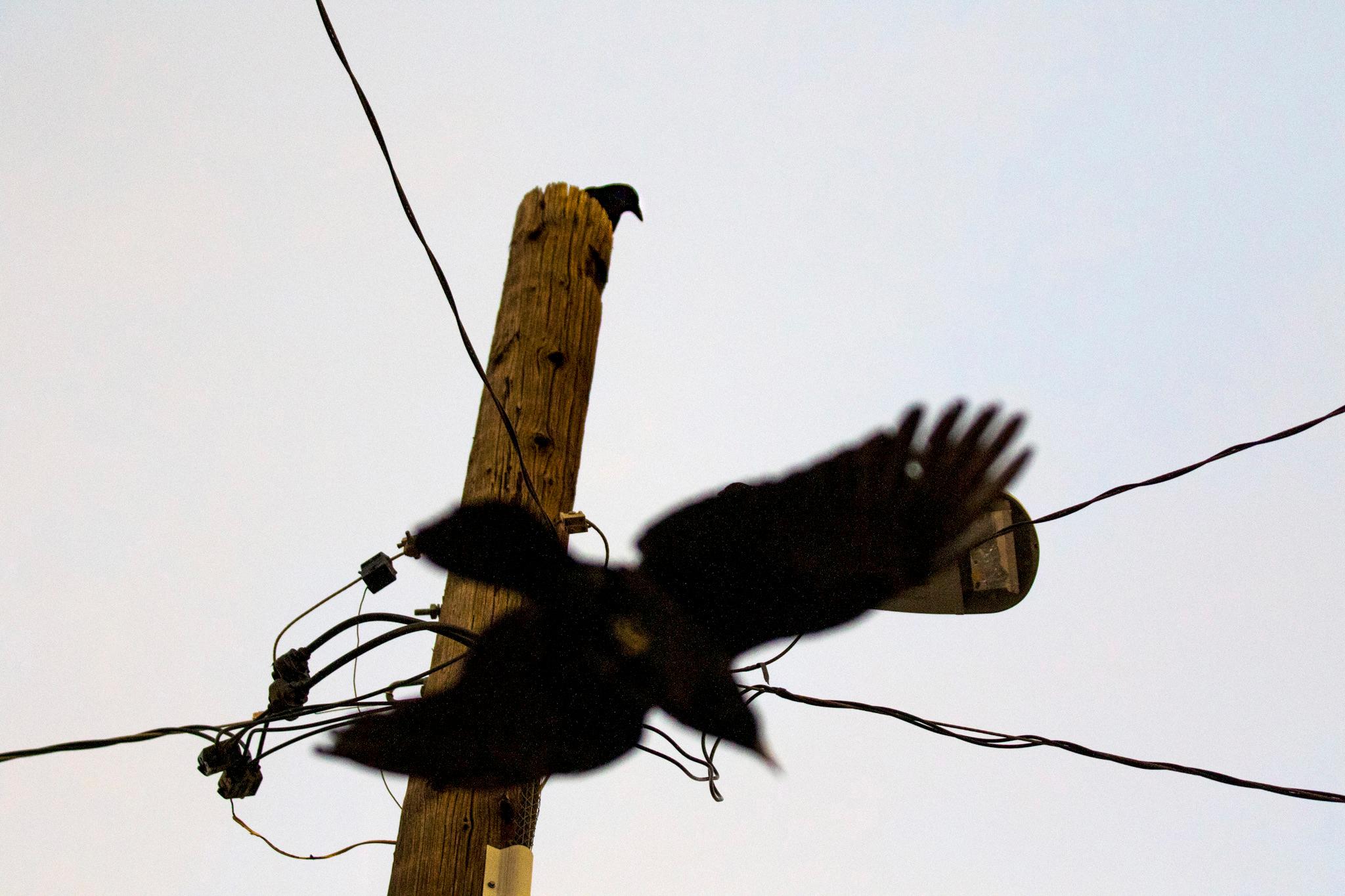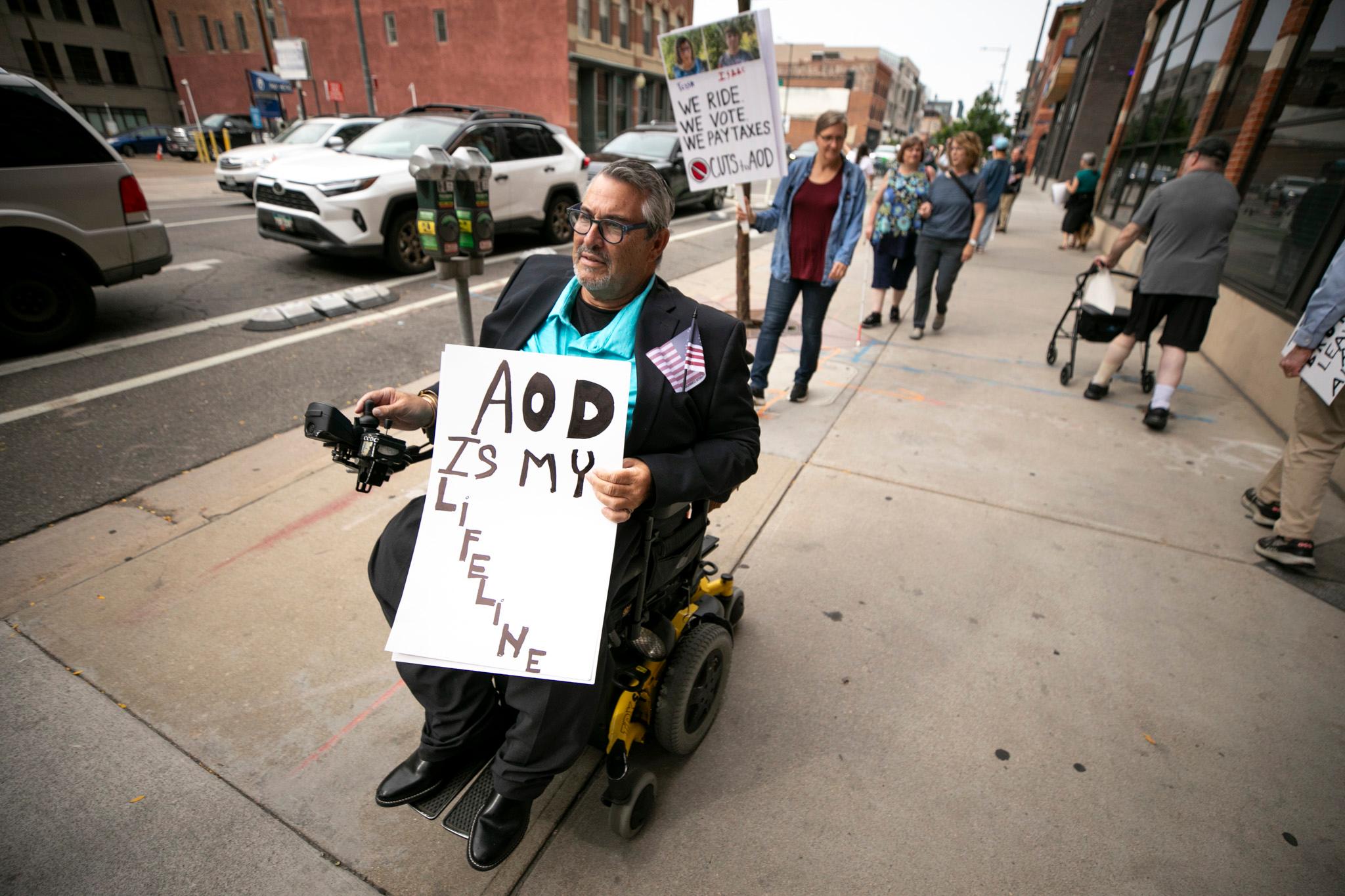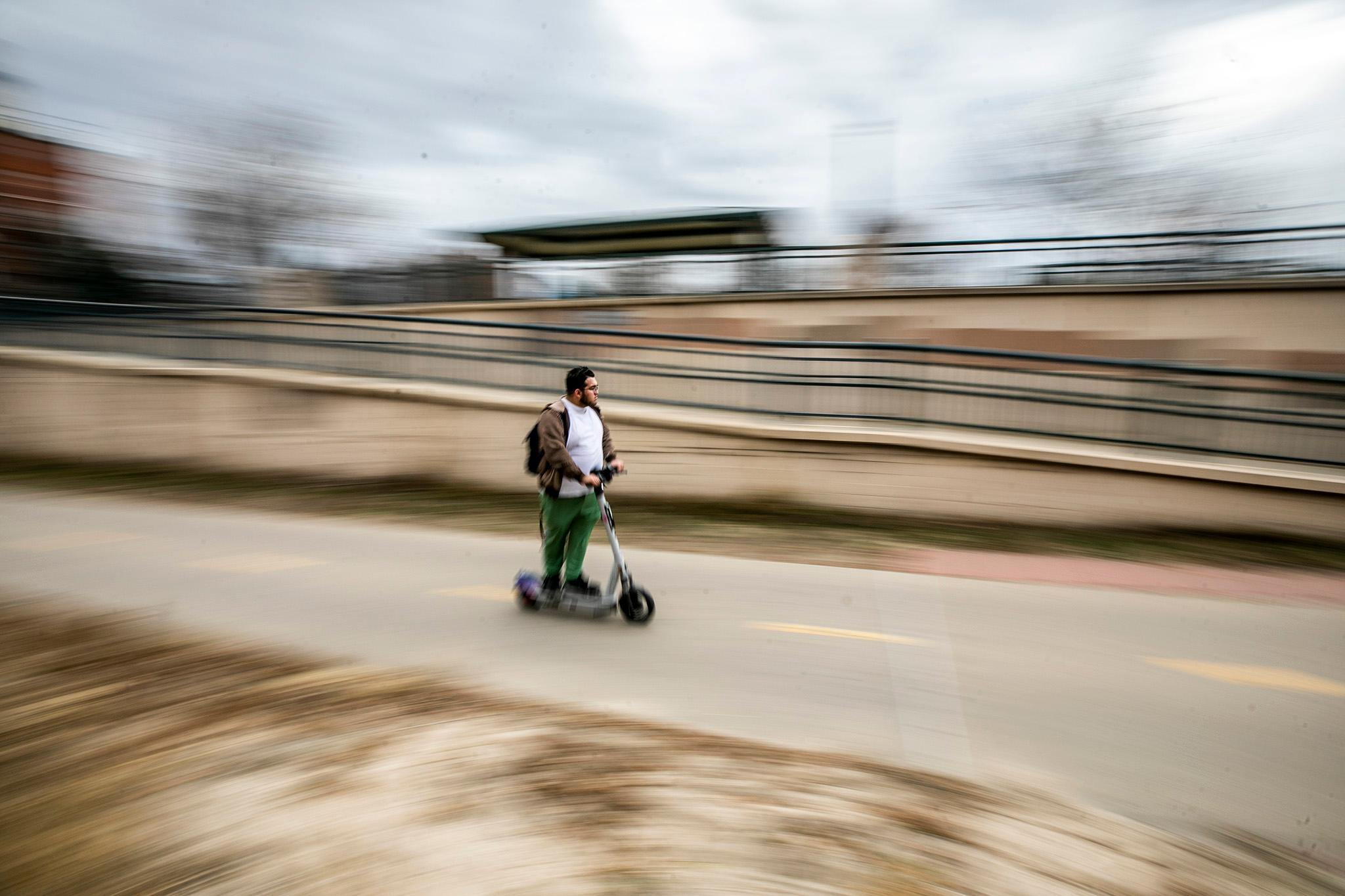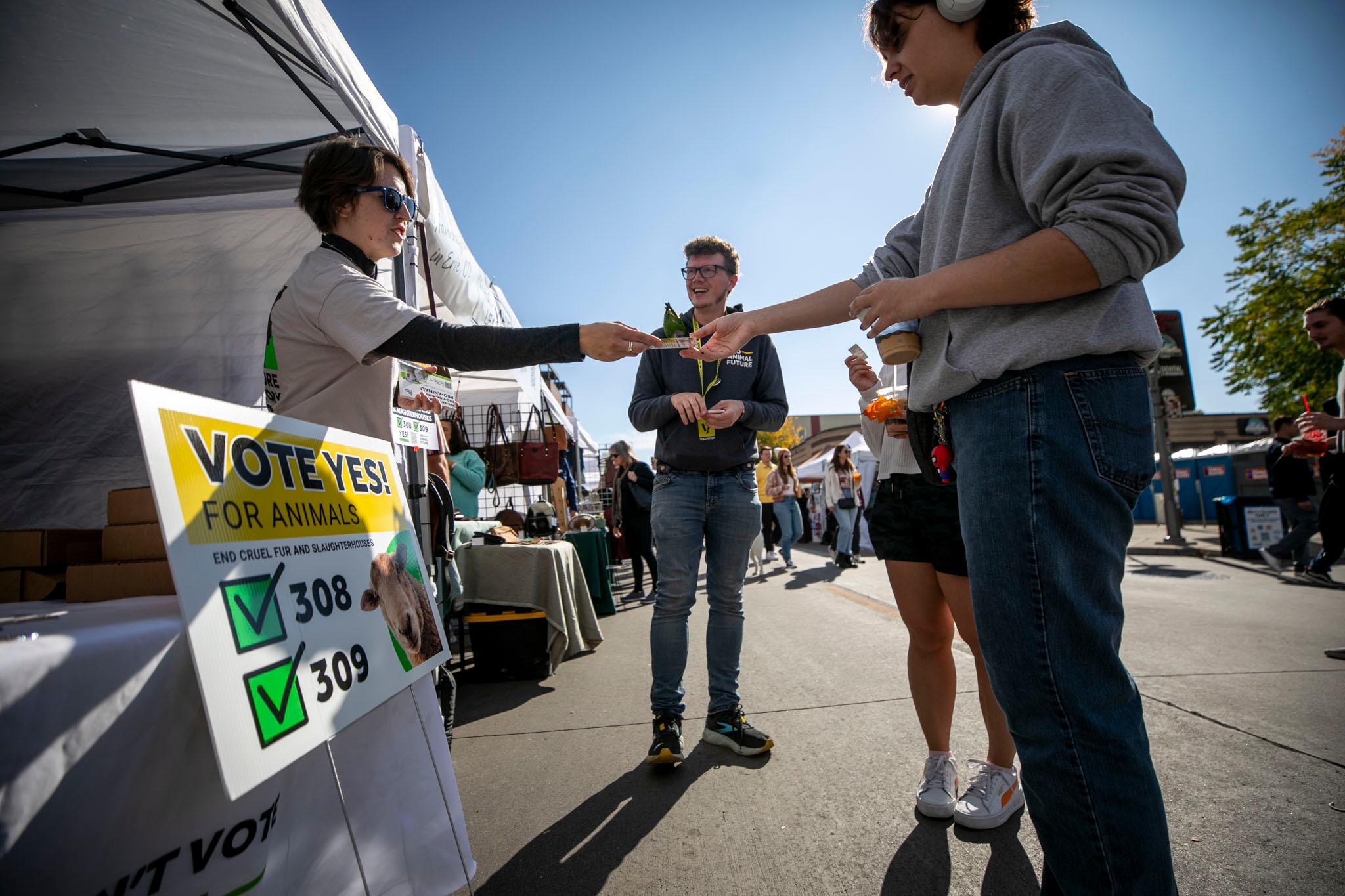
Marijuana-related traffic deaths are going up. More kids are using cannabis. And cops are seeing an uptick in pot from Colorado getting into other states.
These are some of the disheartening findings in a new report the group Rocky Mountain High Intensity Trafficking Area released Sept. 1.
But critics say the group aimed at uniting state, federal and local law enforcement agencies in the fight against drug trafficking might not be providing a complete — and thus accurate — picture of how marijuana legalization is impacting the state.
"They fairly consistently paint a gloomy picture of drug use and legalization," said Sam Kamin, professor of marijuana law and policy at the University of Denver.
"Legalization has largely been marked by an absence of significant problems."
That's not the message Coloradans might take away from stats in the annual report like:
- Marijuana‐related traffic deaths increased 48 percent in the three‐year average (2013‐2015) since Colorado legalized recreational marijuana compared to the three‐year average (2010‐2012) prior to legalization.
- Youth past-month marijuana use increased 20 percent in the two-year average (2013-2014) since Colorado legalized recreational marijuana compared to the two‐year average prior to legalization (2011-2012).
- Highway patrol yearly interdiction seizures of Colorado marijuana increased 37 percent from 288 to 394 (2013‐2015), since recreational marijuana was legalized.
Kamin said he believes Rocky Mountain High Intensity Trafficking Area chooses to show only data that's negative instead of positive or neutral. For example, Rocky Mountain High Intensity Trafficking Area didn't cite a state report showing marijuana use has been stagnant among Colorado youth. Kamin believes state-provided data is a better resource for readers looking to understand the impacts of legal cannabis in Colorado.
Forbes contributor Jacob Sullum also wasn't a fan of the report based on his critique published Thursday.
"RMHIDTA likes to present dramatic, seemingly scientific charts that make legalization look like a big mistake. The difficulties of interpreting the data presented in the charts are usually relegated to a footnote, assuming they are mentioned at all," Sullum wrote.
Rocky Mountain High Intensity Trafficking Area isn't taking a stance on marijuana, the group's director Thomas Gorman said.
"We just put out the data and let people make up their own minds," Gorman said. "They can't attack the data or findings, so they say we put a spin on it. That's crap."
Gorman's group doesn't do any of its own studies to analyze how marijuana legalization is benefiting or hurting the state. Instead, the group gathers reports and studies completed by other government agencies, universities and research organizations. The result is an objective report on the pros and cons of weed being legal, Gorman said.
"When I look at the report, I see some real disturbing trends that have occurred during the last few years and the common denominator is legal marijuana," he said.
Business & data reporter Adrian D. Garcia can be reached via email at [email protected] or twitter.com/adriandgarcia.














